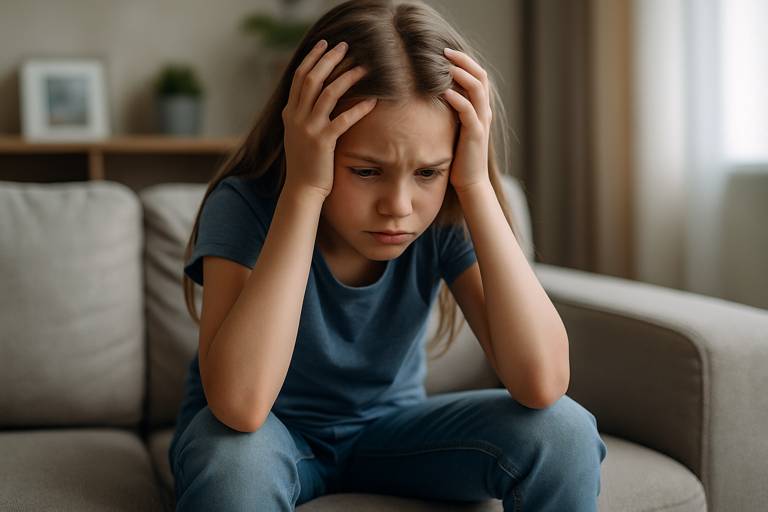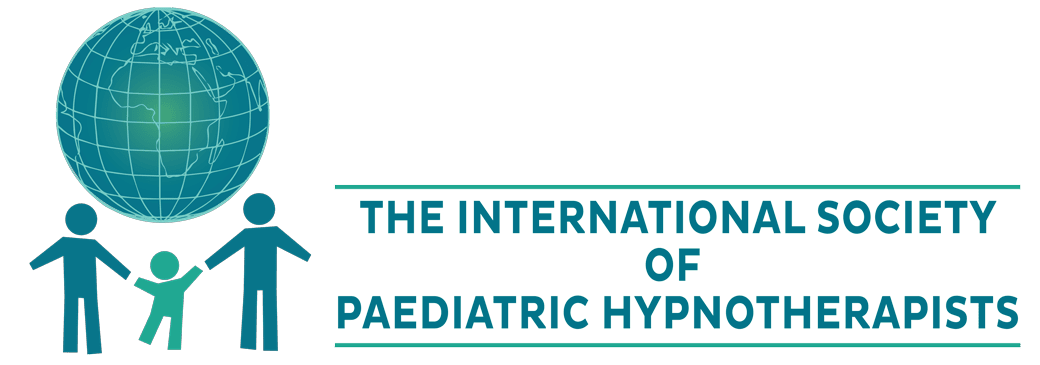Self-harm in children is a sensitive and distressing issue for parents and carers. It can take many forms, including scratching, hitting, pulling hair, or more secretive behaviours like cutting or burning. For a child, self-harm is often not about attention but about finding relief from emotional pain, anxiety, or feeling overwhelmed. Understanding the reasons behind the behaviour is the first step in helping them heal.
Understanding Self-Harm in Children
Children who self-harm may be struggling with emotions they cannot name or express. They might feel anxious, angry, sad, or guilty but don’t know how to manage these feelings. Some children describe a sense of numbness or detachment and use self-harm as a way to feel something or to regain a sense of control.
It’s important to recognise that self-harm in children is a coping strategy, not a behaviour to be punished. Children who self-harm often carry a great deal of shame and fear. They may try to hide their actions, making it difficult for adults to notice until the behaviour has become ingrained.
Paul White, founder of TISPH, explains, “When a child turns to self-harm, it’s a sign that they don’t yet have the emotional tools to cope. What they need most is calm, understanding support and a way to learn new, safer strategies.”

Why Children Turn to Self-Harm
Children who self-harm often struggle with feelings they have learned to hide. They may appear cheerful or quiet on the outside, while inside they feel lost, angry, or hopeless. For some children, self-harm becomes a private ritual that helps them feel they are in control of something in a world that feels uncertain or unsafe.
These children may also feel isolated , like no one would understand them if they opened up. They may fear disappointing adults or worry that speaking out will make things worse. This can lead to secrecy and shame, reinforcing the cycle. While some children self-harm only occasionally, others develop a pattern that is difficult to break without professional support.
Hypnotherapy offers children a calm, non-judgemental space where they can begin to understand their feelings and learn safer coping tools. It uses storytelling, metaphor, and guided visualisation to speak to the subconscious mind in ways that feel natural and safe for children.
A therapist might help a child create an internal “calm button,” visualise themselves in a peaceful place, or rewrite the internal story that is fuelling their distress. These imaginative tools can interrupt the cycle of self-harm and replace it with healthier strategies.
Because self-harm in children is typically where they are using their imagination, they often respond quickly to hypnotherapy. On average, they need only half the number of sessions that an adult might require for a similar issue.

A Story of Hope
A 12-year-old girl had been secretly scratching her arms after school. Her parents noticed when she began wearing long sleeves even in summer. She said it helped her feel better when she was sad or anxious. She felt ashamed but didn’t know another way to cope.
Through hypnotherapy, she learned calming techniques and created an imaginary safe space she could visit in her mind.
Within a few sessions, she was using a soft comfort object instead of hurting herself, and her episodes of sadness began to decrease. She started sleeping better and laughing more with her family.
What to Expect from Hypnotherapy
Sessions are relaxed, creative, and always tailored to the individual child. There is no pressure to talk in detail about the self-harm if the child doesn’t feel ready. Instead, the focus is on building emotional strength, self-awareness, and safer coping skills.
- Many children feel calmer and more emotionally regulated after a few sessions
- Parents are supported with ways to respond helpfully and avoid triggering more shame
The therapist works gently with the child’s imagination, offering healing through stories, play, and calm reassurance.
Why Choose a TISPH-Qualified Therapist?
TISPH therapists are trained to work safely and compassionately with complex emotional issues of self-harm in children. They use evidence-based methods tailored to a child’s developmental level, and they prioritise emotional safety and trust.
You can find a qualified TISPH therapist using our Find a Hypnotherapist page.
Common Questions
Is hypnotherapy safe for children who self-harm?
Yes. Hypnotherapy is gentle and child-centred. It helps children build emotional safety without pressure or judgment.
Will my child have to talk about their self-harming in detail?
No. Hypnotherapy can work even if the child doesn’t want to talk directly about their behaviour. The therapist uses indirect methods that feel safe and non-threatening.
Can hypnotherapy stop self-harm in children completely?
In many cases, yes. The goal is not just to stop the behaviour, but to help the child feel stronger, safer, and better able to cope with life’s ups and downs.
